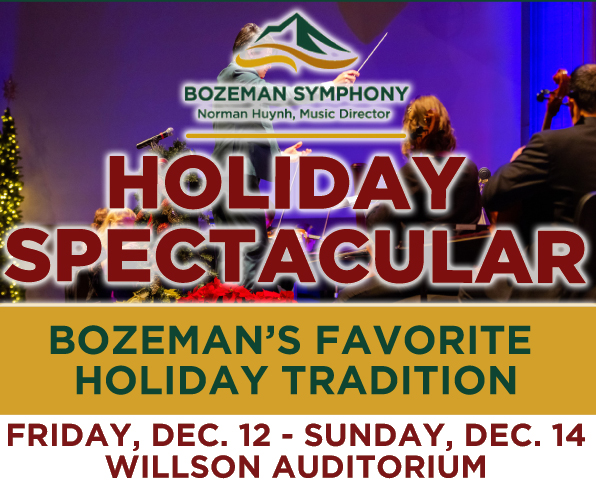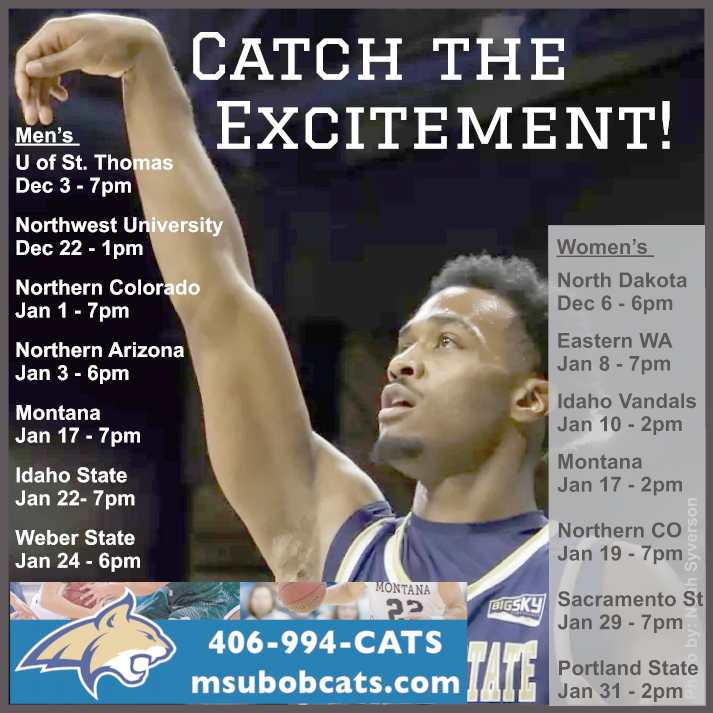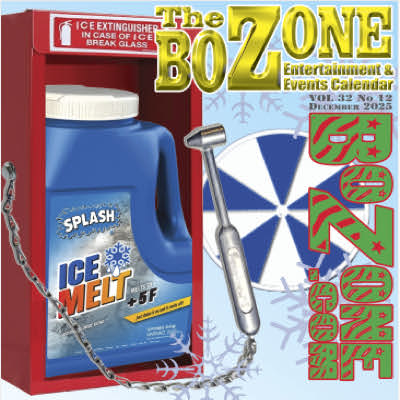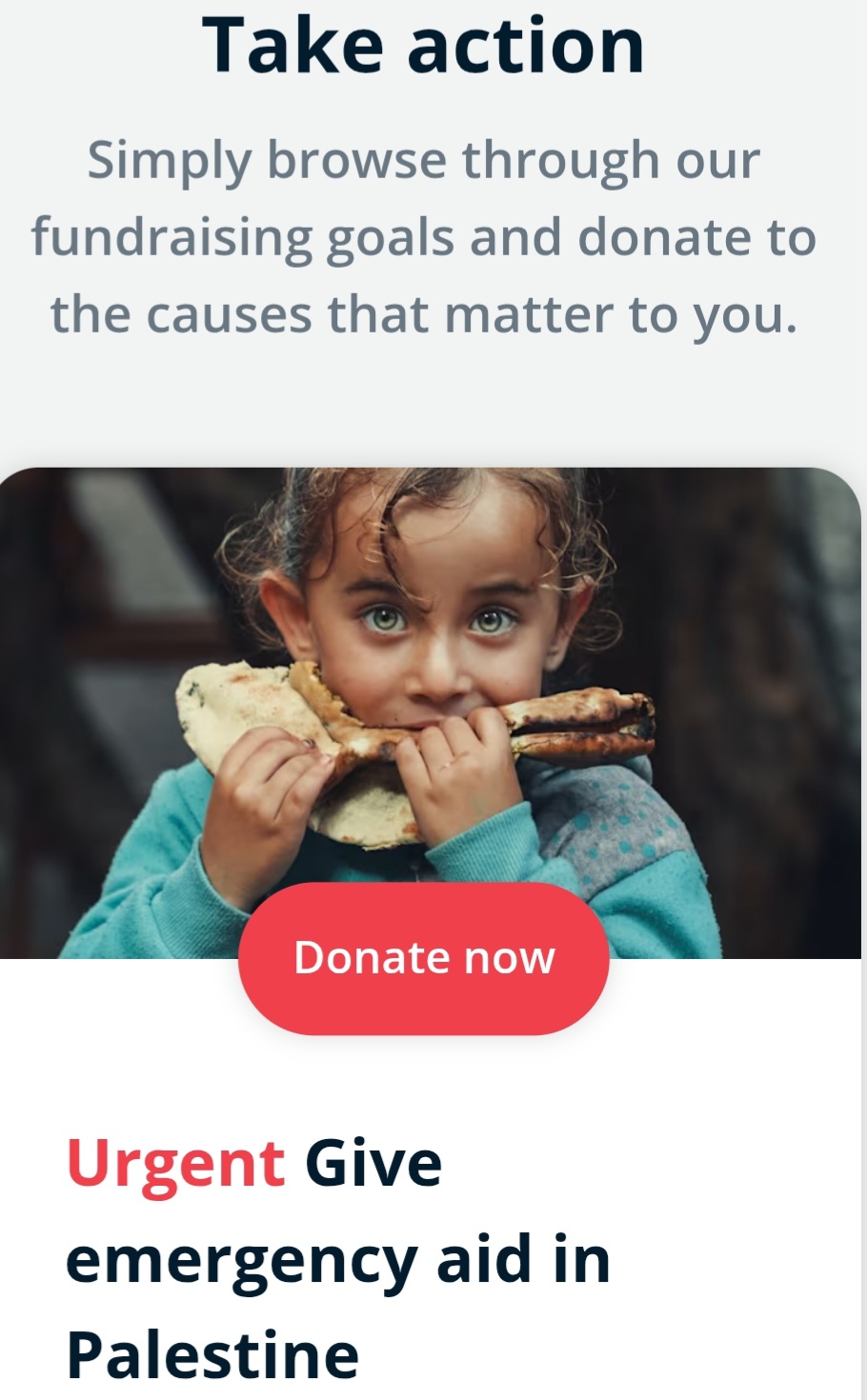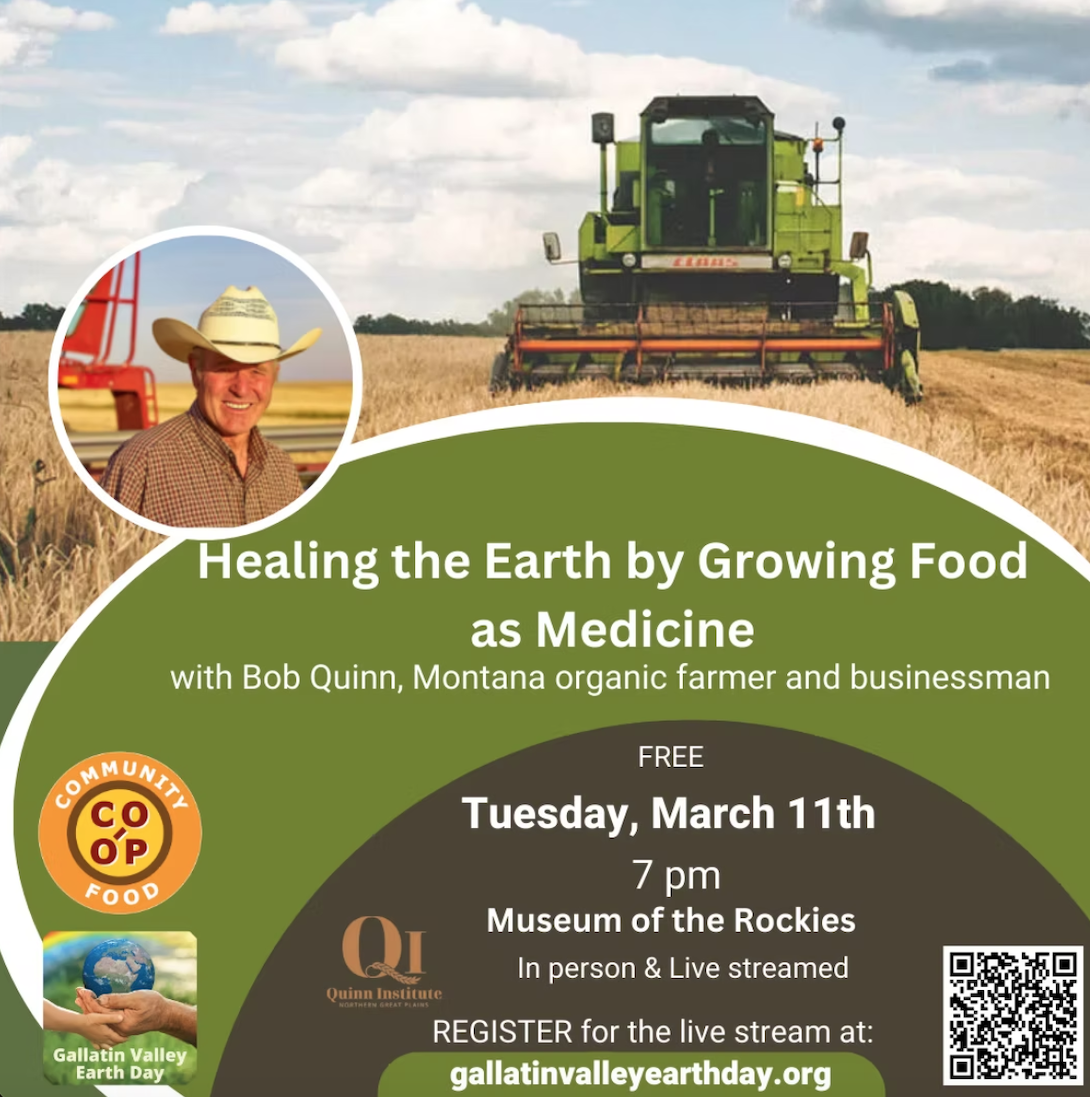American(a) regions converge at trio show fit for a campfire
Americana, bluegrass and country music genres are in the midst of a renaissance. In all corners of the country, artists are making a name for themselves with remarkably refreshing takes on traditional genres. These efforts are redefining the music beyond simple categorizations. The Brothers Comatose, Mipso, and The Lil Smokies are of this ilk. Each reside in different parts of America — The Brothers from the West Coast, Mipso from North Carolina’s Triangle region, and The Smokies from the Rocky Mountains. Bringing their own unique interpretations of — and inspired contributions to — the evolution of traditional American music, each act sets a new bar with their compelling live performances. Together on one stage, music fans will be treated to charismatic singers, virtuosic string-slingers, complex and nuanced songwriting and compositions, and more.
With each band quickly rising the ranks, “Campfire Caravan” is a nod to the musicians’ early days playing music, when they’d perform for friends and family in basements, living rooms, and around campfires. Campfire Caravan celebrates the American tradition of gathering communities around music. In an untraditional format, all three bands rotate in the lineup with no single ensemble acting as the tour headliner. A completely different show will be presented in each city with spontaneous collaborations amongst the groups taking place between sets.

RZ: Prior to the Campfire Caravan, you’re playing Nashville’s AmericanaFest alongside a truly insane lineup. Considering this festival and those like it, as well as your outing with Mipso and The Lil Smokies, a certain trend of fellowship seems to arise. How much of a role does community play in helping this broad genre of music thrive?
BM: I’d say that’s one of my favorite things about the genre. The family sort of aspect, where it seems like all the bands are friends and you just wanna hang out. I’ve been in other rock bands and things where it felt more competitive, where you’re always putting yourself up against another band. I never liked that aspect of it. In this genre, people are so welcoming and family-oriented. People cover each other’s songs, [or they’ll] sit in and collaborate, or we’ll play a festival and end up sitting around a campfire with other bands until four, five o’clock in the morning playing songs. That’s the coolest thing — and that’s how music started for me, playing music in the living room with my family and their musician friends. That’s carried over into the genre. There’s no competition, and it’s fun! That’s my favorite thing.
RZ: It’s just a hoot.
BM: It really is.
RZ: For your upcoming performances, you’ve got a three-album catalog, in addition to some new tunes, to pull selections from. Of the songs people are familiar with, will fans have the opportunity to hear fresh renditions of old favorites at these shows?
BM: For sure. We are constantly tweaking our tunes, changing arrangements and instrumentation and things like that. You’re not going to be blindsided with a heavy metal drummer or anything like that, but we’ll go back and hear old songs [from] our first album and we’re like, “Oh my God.” Everything has changed so much since then. We play it ten times faster than we did back then. We still have to entertain ourselves, part of that is changing little things [to] keep us excited about the music because we play these songs a lot.
RZ: You’ve just released new single “Don’t Make Me Get Up And Go.” Produced by John Vanderslice, the song is a bit of a departure from your earlier material, and also kicks off a less traditional series of single releases. Tell us a little bit about the song and what the Brothers Comatose have in mind for this new era.
BM: It’s the first time we’ve ever used a producer in recording. We’ve done three albums on our own to this point, using different recording techniques. From super rudimentary, stand in a circle and record, to isolation and overdubbing solos and taking plenty of time to make sure everything’s right. This is a little bit different. We’re kind of going back to our roots. We’ve been a band for like nine and a half years now, so we’re pretty comfortable playing with each other. So we decided to go back to tracking most of it live. All the instrumentation is live, in a room together, which is really exciting. You maintain that energy of a live performance in the actual recording, which is a hard thing to do. And John Vanderslice is all about that. We used some interesting techniques, all recording to tape. We didn’t use computers throughout the process, [or] go back and fix anything, take a little piece of this and stick it in there. It’s scary because it’s like, “Oh shit, we gotta nail this.” But it’s so awesome. You make little mistakes, but that’s how all the records I love were recorded. With little humanizing errors here and there to make it real.
RZ: Starting with your debut, Songs from the Stoop, through the latest full-length, City Painted Gold, to the songs you’re creating now, what has been the most noticeable shift in the progression of your music?
BM: Our instrumentation has changed up a little bit. We’re incorporating more electric sounds — our mandolin player, Ryan, is playing electric slide on some things. And we’re experimenting more in the studio. We used an echo chamber with this last one. I think we just care a little less now. We just don’t give a shit anymore [laughs]. We’ve done three full-length albums and decided we can expand a little bit and do whatever we want. And hopefully people dig it.
RZ: You’ve got to experiment and keep it fresh. So on the flip side, what’s a uniquely Brothers Comatose quality you continue to retain?
BM: We haven’t traded in all of our instruments for electric, or brought in a drummer or anything like that. We have a side project where we do that, the whole band with a drummer and electrified. Kind of like punk rock honky tonk — which is super fun and you get that out of your system, but we definitely still maintain the thing we had when we first started. The energetic, shouting, three-part harmony and rowdy vibe, I would say, has been consistent throughout the years.
RZ: Music has been your lifeblood since an early age. Did you or your brother at any point have plans to be, say, an astronaut or a doctor? Or was this always it?
BM: When we were younger we all wanted to do different things, but when I was in my mid-teens I was exposed to some magical musical moments. “Oh my God. I wanna do that, I wanna do that.” I never knew in what capacity until this band started. I always thought I’d be in a rock band or whatever, I think we all did. That’s what’s available to you when you’re a teenager. Obviously I’m going to play electric guitar and be in a rock band, that’s just what you do. At first, most of us were in different kinds of rock bands. And then at one point, Alex picked up a banjo [that] somebody had left at the house after a music party. I always played acoustic guitar, so we just started. “Oh this is cool.” It was different and strange for people our age to be doing that sort of thing. So we continued on with it and started finding other people doing the same. It was awesome, going back to the community aspect of it.
RZ: The music industry is in a constant state of flux. What do you suppose it’ll look like in five, even ten years, and what will this band’s place be?
BM: Ever since the CD started dying and people trying to resuscitate this possibility for earning money [from] streaming music, it seems like a losing battle. I was just always of the mindset that you’re not going to fight it that hard and win people over. When Metallica started freaking out about that first download site.
RZ: Napster.
BM: Yeah. They were pissed off that people were downloading their music for free. You’re not going to stop that. It’s just always constantly to me been moving toward the live performance, which is huge for us. It seems more and more like the music you put out is kind of an advertisement for your live show. You want people to come see your live show. People listen to us on Spotify and still buy albums on iTunes and at our shows, and it’s not making any of us rich. It’s more paying for our gas and our hotel room for the night. It’s really the live show that keeps us going in many ways. It keeps us excited and energized, we get to meet our fans, and actually experience our music affecting people. That’s the biggest thing in the world to us.
RZ: Hopefully you’ll have a similar experience when you come to Bozeman.
BM: I pull so much energy from live shows and from the people that come out and see us. And touring with these other bands, we’ve heard of [them] for a long time but we’ve only just dabbled in hanging and playing with them. I’m really excited to see their crowds, too, and experience that. We get to see what they’re all about, and what their fans are all about, and see if it shares a similar thread with our West Coast vibe.
